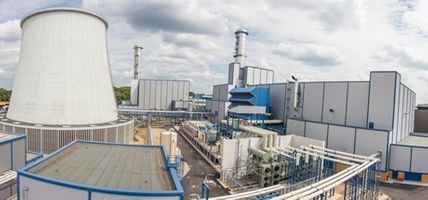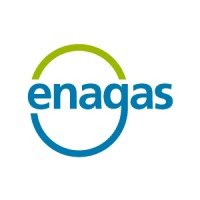RheinEnergie to trial Deutz hydrogen engine to generate power
Deutz and RheinEnergie to study the stationary operation of the hydrogen-based engine in combination with the generator.

Deutz Ag (a leading global manufacturer of engines and drive technology) and RheinEnergie Ag (a German energy service provider) are partnered to run a pilot project to produce power through a stationary hydrogen engine in Cologne-Niehl, Germany.
RheinEnergie will use Deutz hydrogen engine to power a generator to produce 170 kilovolt-ampere (kVA) of electricity at the start of 2022. The pilot project will be run at RheinEnergie’s cogeneration plant in Cologne-Niehl. RheinEnergie is procuring the hydrogen and has already secured its supply.
The first phase of the project, which would last nearly six months, will focus on generating power using the Deutz engine. This will be followed by a second phase, where the focus will be on cogeneration- using the waste heat from the system. Both partners set to invest a total sum of € 1.3 million in the operating trial at the Niehl plant initially.
Deutz has developed the hydrogen engine in-house, based on an existing diesel engine. The hydrogen engine with a power output of 200 kW is suitable for all current Deutz applications in the off-highway segment.
Dr Dieter Steinkamp, CEO of RheinEnergie, said, “This compact system is ideal for use as a decentralized source of energy for climate-compatible buildings and urban quarters, and perhaps also for use in places that are not yet connected to the electricity grid or heating network.”
Dr Frank Hiller, CEO of Deutz Ag, said, “Initial trials have been successfully completed on the test rig. Now we can look forward to putting the TCG 7.8 H2 through its paces in real-world conditions as part of the pilot project with RheinEnergie.”
Michael Wellenzohn, a Deutz Board of Management member, said, “We are planning to go into volume production from 2024.”
